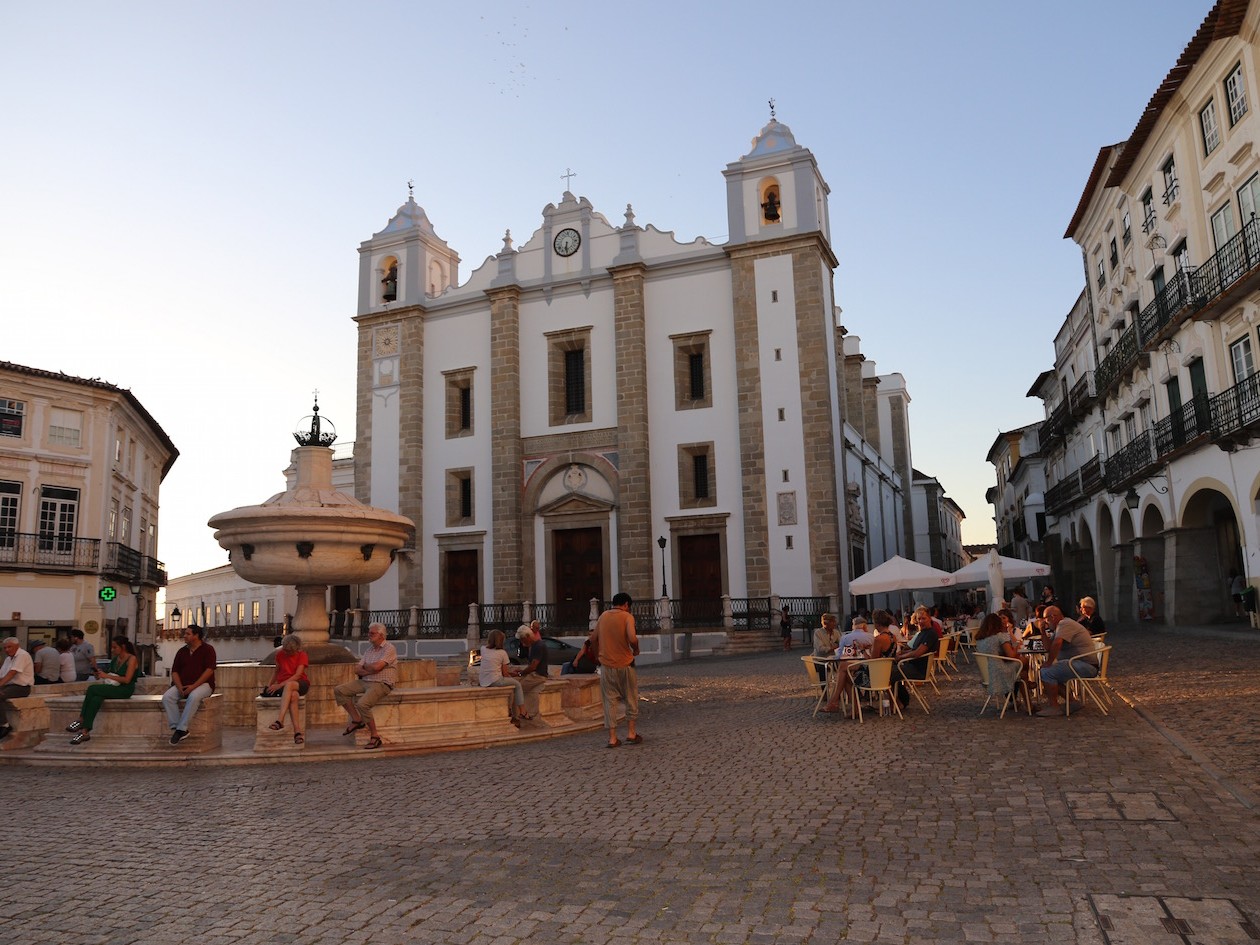POCITYF project raises stakes for positive energy city transformation
At the heart of this new project lie "Positive Energy Blocks/Districts", which are groups of buildings that actively manage their energy consumption and the energy flow between them and the wider energy system. Positive energy districts have an annual positive energy balance. Kicking off on 9 October in Évora, Portugal, POCITYF (A Positive Energy CITY Transformation Framework) will combine these positive energy blocks with grid flexibility, e-mobility, innovative ICT technologies and citizen engagement strategies. The overall aim is to help cities deliver positive energy districts while respecting their mixed urban settings that often include listed buildings of historical interest and other cultural heritage features. Project coordinator João Maciel, from EDP LABELEC, explains: "POCITYF is different because it includes a strong focus on heritage areas, tackling the untapped barriers that accrue from legal and regulatory restrictions against the installation of conventional solutions that historical and protected sites currently struggle with. It is a project from which many other historical cities can draw inspiration from." Activities will be carried out in two lead cities or "Lighthouse" cities: Évora (Portugal) and Alkmaar (Netherlands). Six other cities, known as fellow cities, will seek to replicate the works: Granada (Spain), Bari (Italy), Celje (Slovenia), Ujpest (Hungary), Ioannina (Greece) and Hvidovre (Denmark). Beyond this project group, other cities are invited to join the POCITYF network to share experience and learn from the project's findings. The two Lighthouse cities will benefit from solutions divided into four "Energy Transition Tracks": Innovative solutions for positive buildings and districts, peer to peer energy management and storage solutions for grid flexibility, e-mobility integration into smart grid and city planning and citizen-driven innovation in co-creating smart city solutions. Overall, POCITYF will therefore add layers of "smartness" to key city infrastructures, technologies and services, creating new possibilities to make cities safer, greener and more responsive to the needs of their citizens, businesses and other organisations. POCITYF is a Smart City project funded under the European Union's Horizon 2020 research and innovation programme. It will last for 60 months with an overall budget of €22.5m (of which the EU contribution amounts to €20m).



